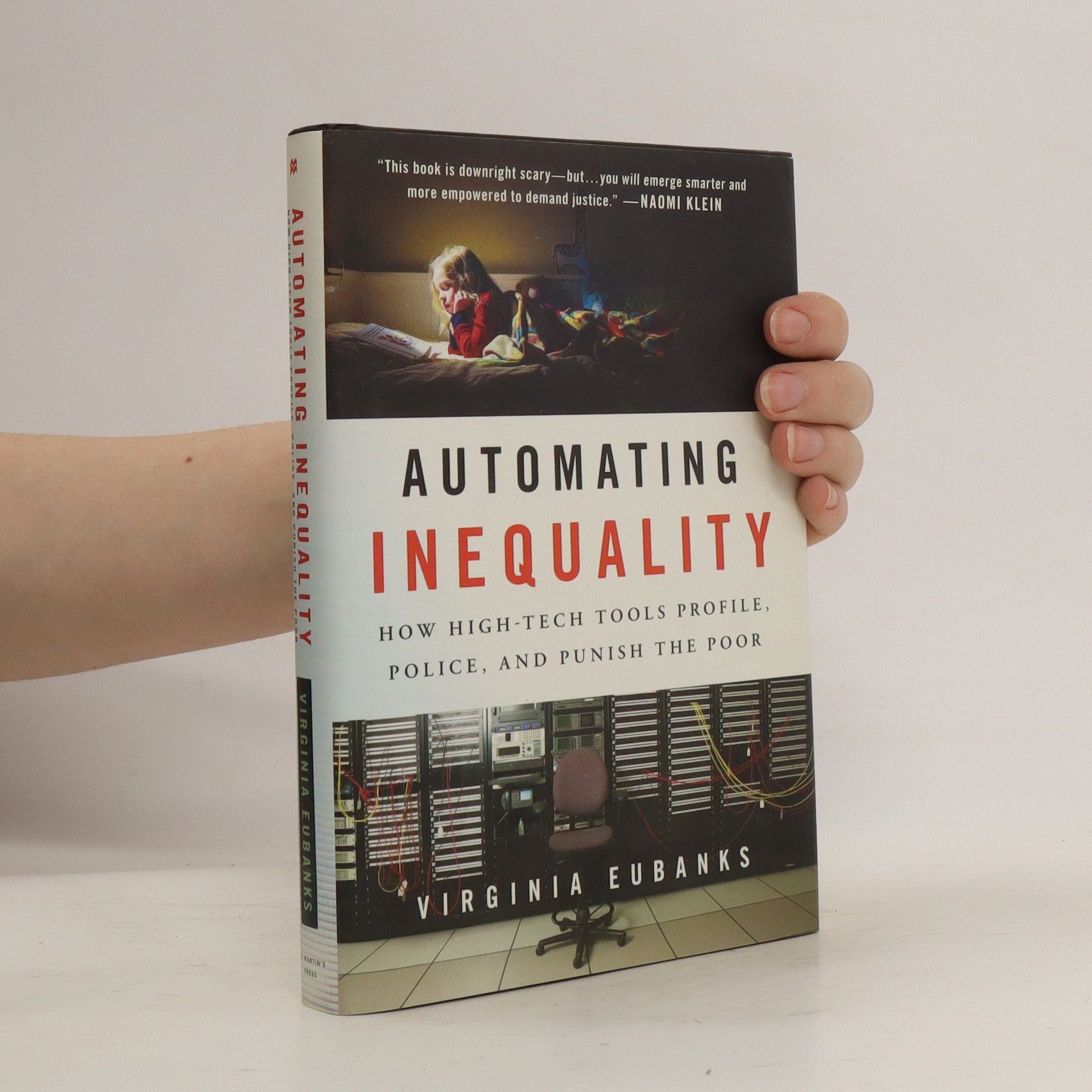"Eubanks ... investigates the impacts of data mining, policy algorithms, and predictive risk models on poor and working-class people in America"--Amazon.com.
Virginia Eubanks Livres
Virginia Eubanks examine de manière critique comment les technologies numériques façonnent l'inégalité et la justice sociale. Son travail enquête sur la manière dont les systèmes automatisés et les outils de données ciblent, contrôlent et punissent les pauvres, révélant ainsi les mécanismes cachés d'injustice à l'ère numérique. Par son analyse, elle souligne l'impératif de lutter pour la justice sociale à l'ère de l'information, s'appuyant sur deux décennies d'expérience dans les mouvements de technologie communautaire et de justice économique. Eubanks offre des perspectives cruciales sur l'éthique de la technologie et son profond impact sur les communautés marginalisées.
